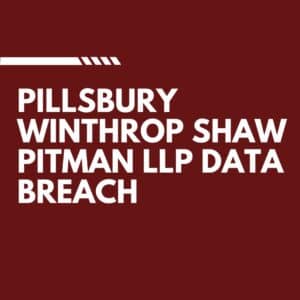Read the original article here.
If you make a politically-charged post or comment on social media, it could get you de-friended. But could it also get you fired? It’s not a new question, but it’s one that’s gained increased attention in the last week amid reports of people across the country being let go over posts or comments they made about Charlie Kirk, the conservative activist who was assassinated Sept. 10 while holding a question-and-answer session at Utah Valley University.
college official in Tennessee, an NFL team employee, and workers in Wisconsin and Ohio are among those who’ve been fired over comments related to Kirk, The Washington Post reported. So, what does the law say in Washington? Can a post you make on Facebook or another social media platform affect your job? What are the rules about firings in Washington? In Washington, “most non-union private sector workers are employed ‘at-will,’” which means they can be fired “for almost any (reason), or no reason at all,” according to a workers rights manual by the Washington Labor Education and Research Center.
The rules are a bit different for most union and public sector workers, according to the manual. Those workers generally “cannot be fired unless their employer has followed certain procedures and/or can show they have a good reason” for the firing, it said. In Washington, no worker — even if they’re at-will — can “be fired for discriminatory reasons, retaliation for whistleblowing” or another reason that violates their protected rights, the manual said.
Can I be fired over a Facebook post in Washington?
So, can a worker in Washington be fired because of social media posts or comments they’ve made?
The short answer is yes, depending on the circumstances.
If you work for a private company, as many workers in Washington do, “free speech is not a protected right,” attorney Timothy Emery, managing member of the Seattle-based law firm Emery Reddy, PC, told The Olympian by email.
Ed Hones, managing attorney at Hones Law in Seattle, put it this way: the First Amendment generally protects you from government prosecution for your speech, but “it doesn’t give you job protection” as an at-will employee.
What about union workers and public employees?
Meanwhile, public employees in general have free speech protection, but it’s not absolute.
For example, “you can’t yell ‘fire’ in a crowded room. You can’t shill for national socialism while working a high-level job at the Department of Homeland Security. You can’t express views that are racist or reveal a speaker’s immorality. And you should expect to lose your job without recourse if you take an inflammatory position that appears to represent the views of your employer,” Emery said.
Meanwhile, Hones told The Olympian that collective bargaining agreements covering workers who are part of labor unions typically have for-cause provisions, meaning that “if you get fired, there has to be a reason for your termination. It’s not at-will.”
So, “if you say some political speech that is disruptive in some way, that could be grounds for termination, even under a (collective bargaining agreement) with the added protections,” he said, noting that it depends on the amount of disruption caused.



